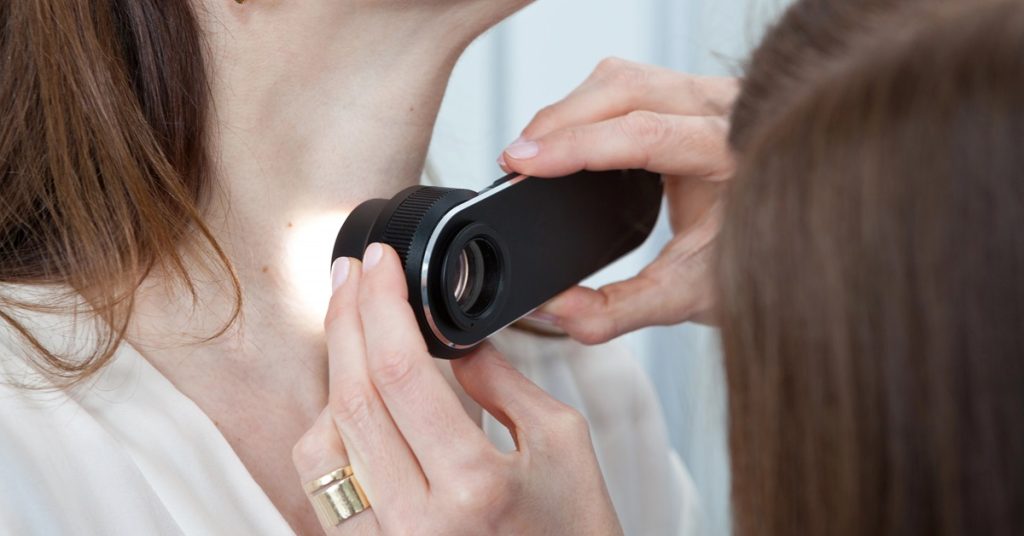How to Identify Signs of a Food Allergy

Food allergies are becoming more common, but they are still a relatively unknown and misunderstood affliction. A food allergy happens when your immune system overreacts to a specific food, causing a range of symptoms that can range from mild to life-threatening. With so many different foods out there, it can be tough to know if you have a food allergy.
However, if you can learn to recognize the signs, you can take the necessary steps to prevent one from occurring. With that in mind, we’ll discuss some tips on how to identify signs of a food allergy, so you can keep yourself safe and healthy.
Pay Attention to Your Body’s Reactions
An allergic reaction typically occurs within minutes to a few hours of eating a trigger food. The symptoms can range from mild to severe and can last anywhere from a few minutes to several hours. Common symptoms include hives, facial swelling, itching, respiratory difficulties, stomach cramps, and diarrhea. If you experience any of these symptoms after consuming a particular food, it is highly likely that you have a food allergy.
Keep a Food Diary
One of the most effective ways to identify a food allergy is to keep a food diary. Write down everything you eat and drink, along with any symptoms you experience after consuming a particular food. Over time, patterns may emerge, making it easier to identify the trigger food. Be sure to also note any medications or supplements you take, as some can cause adverse reactions when combined with certain foods.
Get Tested
If you suspect you have a food allergy, you might want to schedule an appointment with one of our board-certified dermatologists to get tested. A skin prick test involves exposing your skin to different allergens and looking for a reaction. A blood test can also be done to look for specific antibodies associated with food allergies. These tests can help identify what specific food is causing your allergies, and how severe your allergic reaction might be.
Be Prepared
If you have a food allergy, it’s crucial to be prepared in case of an emergency. Always carry an epinephrine auto-injector, which can be used to treat anaphylaxis, a severe and life-threatening reaction. Educate those around you on how to use the auto-injector, and make sure they know the signs of a severe reaction. Also, be sure to read food labels carefully, and notify restaurant staff of any food allergies before ordering.
Follow an Elimination Diet
An elimination diet involves removing certain foods from your diet for a period of time and then slowly reintroducing them to see if they cause a reaction. This can be a helpful way to identify trigger foods that may be causing your allergic reactions. Keep in mind that this should be done under the guidance of a medical professional, as it can be dangerous to eliminate certain foods from your diet if you are not getting adequate nutrition.
What To Do Next
A food allergy can be a challenging and sometimes even scary condition to live with, but with the right knowledge and tools, you can learn how to identify and manage your symptoms effectively. By paying attention to your body’s reactions, keeping a food diary, getting tested, and following an elimination diet, you can identify which foods are triggering your allergic reactions. Make sure to take the necessary preparatory measures to reduce the risk of an emergency, especially if you have severe allergies.
If you suspect that you have a food allergy, don’t hesitate to take action. Your health and well-being are paramount, and our team at DESSNA is here to help. Our board-certified dermatologists have the expertise to diagnose and manage food allergies, ensuring you can live your life without fear of unexpected allergic reactions. We encourage you to schedule an appointment with us today. Let’s embark on this journey toward a healthier and happier life together.



